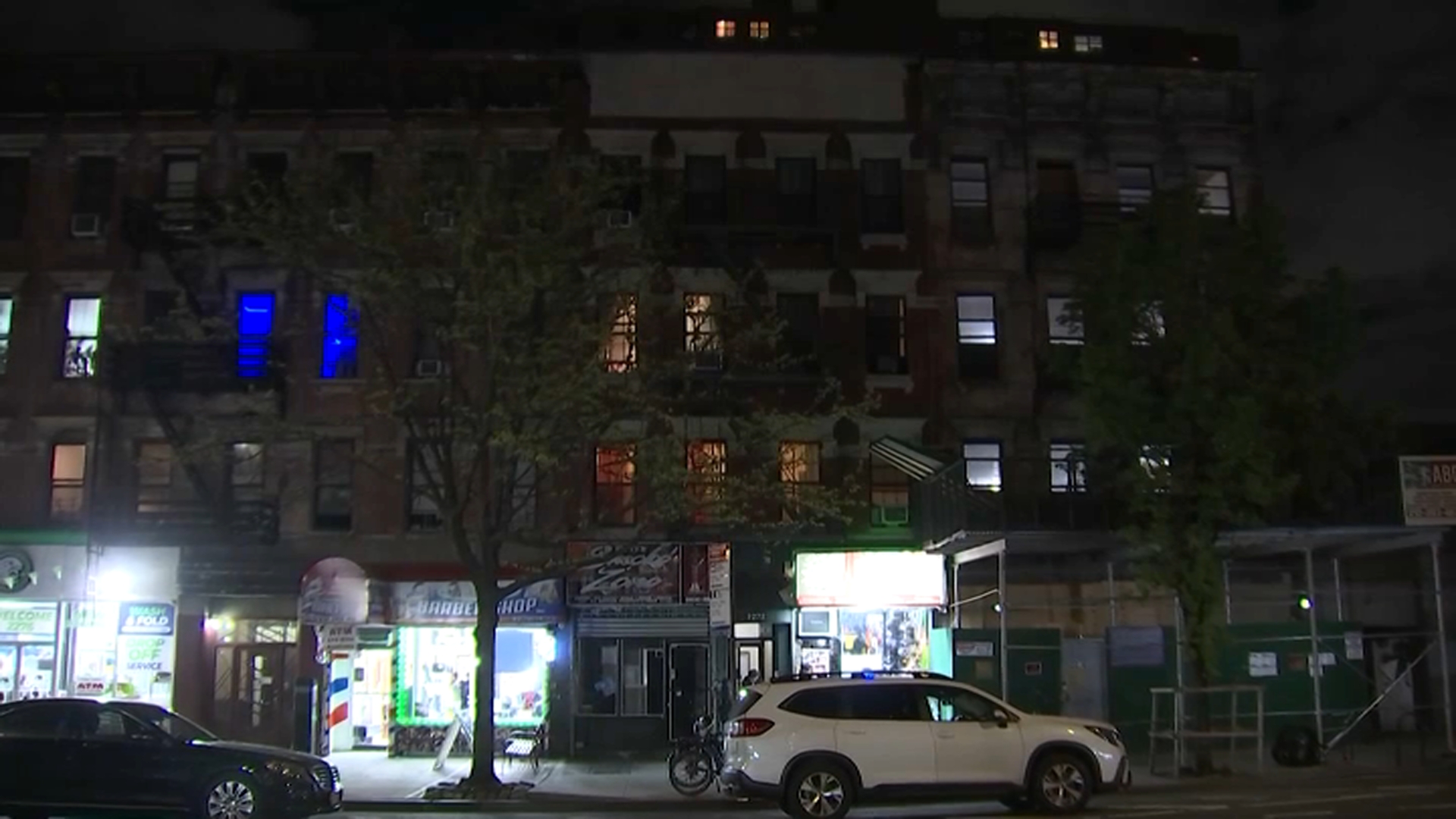A body camera pilot program at the nation's largest police department raised a wide range of questions about how to best monitor police and community interactions, according to a report released Thursday.
Inspector General Philip Eure's review of the NYPD's program, which includes 54 officers in six high-crime precincts, comes as cities across the country grapple with how to legally and practically implement, store, access and eventually purge thousands of hours of footage.
The report was published the day after University of Cincinnati police Officer Ray Tensing was indicted in the shooting death of Samuel DuBose after a traffic stop, an encounter that was captured on Tensing's body camera.
The report from the Office of the Inspector General for the NYPD offers nearly two dozen recommendations to the NYPD program, including that more police interactions should be automatically recorded than currently are and the footage should be stored longer.
The cameras "continue to spread rapidly across the country, and numerous organizations and advocacy groups have published reports and issued their own model BWC policies," Eure writes in the report, using an acronym for body-worn cameras. "However, with the potential benefits of BWCs come certain costs and concerns, including risks to the privacy and safety of both officers and the public."
But the report does address when a city police officer should even turn on the camera, suggesting more stops should be recorded than currently are.
Officers are now required to record "reasonable suspicion" interactions, but the NYPD should broaden automatically recorded interactions to include "all street encounters or all investigative contacts" and better define the kinds of interactions that would qualify, according to the report. Meanwhile, officers should be trained to know what situations they shouldn't record, including those involving victims of sex crimes.
Another issue is whether officers wearing the cameras should verbally notify people that they're recording the interaction and be trained to use specific language, as happens in Chicago and Washington, D.C.
Local
How often, and by whom, recorded stops are reviewed is also a subject of concern. Eure suggests that officers and citizens alike involved in complaints shouldn't be able to review the footage until after giving formal statements to investigators. Similarly, police supervisors should randomly review footage to make sure it's being logged and recorded properly — but shouldn't do so in order to discipline officers for minor violations, such as being out of dress code, he said.
The 44-page report is based on interviews with officers who wear the cameras, prosecutors, police supervisors and a review of policies in 20 other city police departments, including Phoenix, Los Angeles and Seattle. Police reform advocates have called for more body cameras as a way to increase accountability and transparency in the wake of recent fatal police encounters.
The pilot program, detailed in an internal police order, is separate from a court-ordered body cameras program that resulted from a federal lawsuit over officers' use of the stop, question and frisk police tactic. That program, which will begin within a year, could involve as many as 5,000 cameras.
Eure recommends that the data be stored for 18 months, up from a year, to match the statute of limitations for filing charges by the independent police watchdog agency that investigates allegations of police misconduct. After that, the data can be purged, once the department comes up with a system of disposing with the footage.
In a statement, Deputy NYPD Commissioner Stephen Davis said, "We are reviewing the report and we will continue to work closely with the monitor and other interested parties in going forward with the body-camera pilot project and initiatives."



